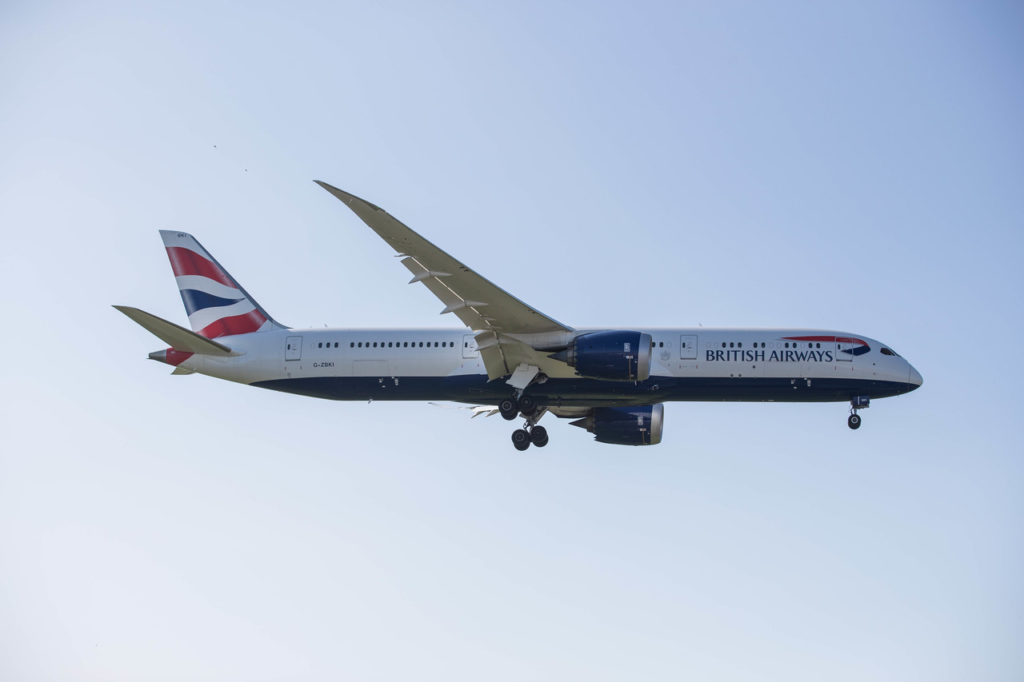International Airlines Group (IAG) announces its preliminary results for the first quarter of 2020 and continues to assess further cost reduction and cash flow initiatives across the entire Group. While detailed results for the first quarter will be released on 7 May, the bad news is, British Airways will have redundancies and undergo a restructuring.

First-quarter 2020 results for IAG: Euro 535 million loss
For IAG, total revenue declined by 13 per cent to Euro 4.6 billion compared to Euro 5.3 billion in the prior-year period. Operating result before exceptional items was a loss of Euro 535 million compared to a profit of Euro 135 million last year. Not just that, there is an exceptional charge of Euro 1.3 billion due to fuel and foreign currency hedges went wrong.
The operating result in the first two months of 2020 was similar to that of last year, despite the suspension of flights to China due to COVID-19 from the end of January. All of the reduction in the operating result in the quarter compared to last year came in March. The majority of the reduction in IAG’s operating result was incurred by British Airways, followed by Iberia and Aer Lingus, while Vueling experienced a modest increase in operating loss.

Capacity
Passenger capacity, expressed in terms of available seat kilometres, declined by 10.5% in the quarter. Passenger traffic in terms of revenue passenger kilometres declined by 15.2% in the quarter. Seat load factor for the quarter declined by 4.3 points to 76.4 per cent.
IAG has reduced passenger capacity in April and May by 94% compared to last year, only operating flights for essential travel and repatriation. Between 22 March and 26 April, IAG Cargo undertook around 350 additional cargo only return flights, primarily on long-haul routes with passenger widebody aircraft. Passenger capacity from June will depend on the timing of the easing of lockdowns and travel restrictions by governments around the world.
British Airways redundancy consultation
Recovery to the level of passenger demand in 2019 is expected to take several years, necessitating Group-wide restructuring measures. In light of the impact of COVID-19 on current operations and the expectation that the recovery of passenger demand to 2019 levels will take several years, British Airways is formally notifying its trade unions about a proposed restructuring and redundancy programme. The proposals remain subject to consultation but it is likely that they will affect most of British Airways’ employees and may result in the redundancy of up to 12,000 of them.
British Airways had availed itself of the UK’s COVID-19 Job Retention Scheme and furloughed 22,626 employees in April 2020.
IAG expects significantly worse Q2 2020
Given the uncertainty on the impact and duration of COVID-19, IAG is not currently providing profit guidance for 2020. However, the Group expects its operating loss in the second quarter to be significantly worse than in the first quarter, given the substantial decline in passenger capacity and traffic and despite some relief on employee costs from government job retention and wage support schemes.
Bottomline
Unfortunate but true. In spite of the fact that British Airways participated in a state-sponsored scheme to pay out 80% compensation to furloughed employees, it is unfortunate that many of them will still lose jobs because of the eventual losses of the company.
Liked our articles and our efforts? Please pay an amount you are comfortable with; an amount you believe is the fair price for the content you have consumed. Please enter an amount in the box below and click on the button to pay; you can use Netbanking, Debit/Credit Cards, UPI, QR codes, or any Wallet to pay. Every contribution helps cover the cost of the content generated for your benefit.
(Important: to receive confirmation and details of your transaction, please enter a valid email address in the pop-up form that will appear after you click the ‘Pay Now’ button. Even though the amount you enter has to be in INR, you may use an international card to process the transaction.)
We are not putting our articles behind any paywall where you are asked to pay before you read an article. We are asking you to pay after you have read the article if you are satisfied with the quality and our efforts.


Leave a Reply